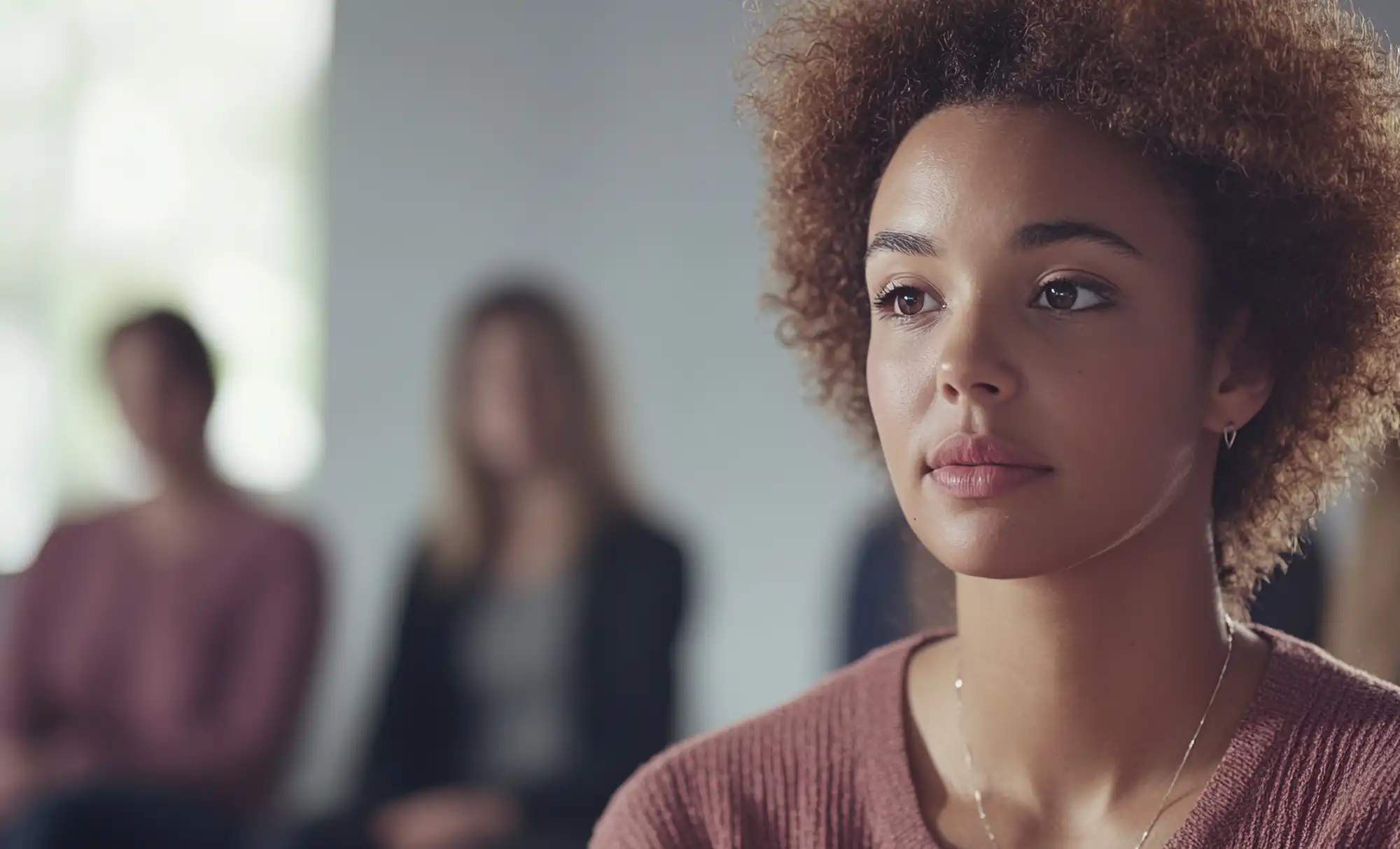The good news? You don’t have to face it alone. Modern therapy offers a range of evidence-based treatments that have been scientifically proven to help. In this post, we’ll break down the top research-supported modalities for treating anxiety and explore real statistics on what works—so you can make empowered decisions for your mental health.
What Are Research-Based Treatment Modalities?
In mental health care, research-based (or evidence-based) treatments are those that have been tested in clinical trials and shown to be effective. These aren’t just popular trends—they’re backed by solid data and ongoing evaluation from institutions like the National Institute of Mental Health (NIMH) and Substance Abuse and Mental Health Services Administration (SAMHSA).
1. Cognitive Behavioral Therapy (CBT)
CBT is widely recognized as the gold standard for treating anxiety. It works by helping individuals identify and challenge unhelpful thought patterns and learn healthier behaviors and coping mechanisms.
💡 How effective is CBT?
According to the National Library of Medicine, studies consistently show that 60% to 80% of individuals with anxiety disorders experience significant symptom reduction with CBT. Moreover, the National Institute of Mental Health (NIMH) notes that these improvements are often sustained over time.
A meta-analysis published by the NIH found CBT to be significantly more effective than placebo or no treatment, with long-term benefits even after therapy ends. (Source)
2. Exposure Therapy
Exposure therapy is a CBT-based technique that helps people gradually confront fears in a safe, controlled way. It’s especially effective for:
- Phobias
- Panic disorder
- Social anxiety
- Obsessive-compulsive disorder (OCD)
By repeatedly facing fears without the expected negative outcome, the brain learns that the situation isn’t actually dangerous—reducing anxiety over time.
3. Mindfulness-Based Therapies
Mindfulness-based cognitive therapy (MBCT) and mindfulness-based stress reduction (MBSR) combine traditional cognitive strategies with mindfulness practices like meditation and breathwork.
Research shows these approaches can:
- Lower overall anxiety levels
- Improve emotional regulation
- Reduce relapse in individuals with chronic anxiety
Mindfulness doesn’t just calm your mind in the moment—it rewires your brain over time.
4. Acceptance and Commitment Therapy (ACT)
ACT helps individuals stop fighting their thoughts and feelings, and instead develop psychological flexibility. You learn to accept what’s out of your control and commit to actions aligned with your values.
Studies show that ACT is comparable to CBT in effectiveness, especially for generalized anxiety disorder (GAD), and may even offer deeper value-based life improvements.
5. Medication + Therapy Combinations
In some cases, combining medication with therapy can offer the best outcomes—especially when anxiety is severe. SSRIs and other anti-anxiety medications can reduce symptoms enough for individuals to more fully engage in therapy.
However, medication alone is often less effective long-term than therapy or a combined approach.
So—Which Treatment Is Right for You?
The best therapy is the one that fits your unique needs, preferences, and goals. A licensed counselor can help guide you through this decision-making process, providing a personalized treatment plan based on the latest research and your lived experience.
Real Change Starts With One Step
Anxiety thrives in silence. The longer it goes untreated, the more power it gains. But therapy offers you a proven path to regain control. Take your first step today in obtaining real support.
Sources:
- National Institute of Mental Health (NIMH): https://www.nimh.nih.gov
- National Library of Medicine: Hofmann et al. (2012). The Efficacy of Cognitive Behavioral Therapy: A Review of Meta-analyses. PMC Article
- SAMHSA Evidence-Based Practices Resource Center: https://www.samhsa.gov/ebp-resource-center
No matter what's weighing on you, we have someone who understands.
%408x.png)

.svg)





